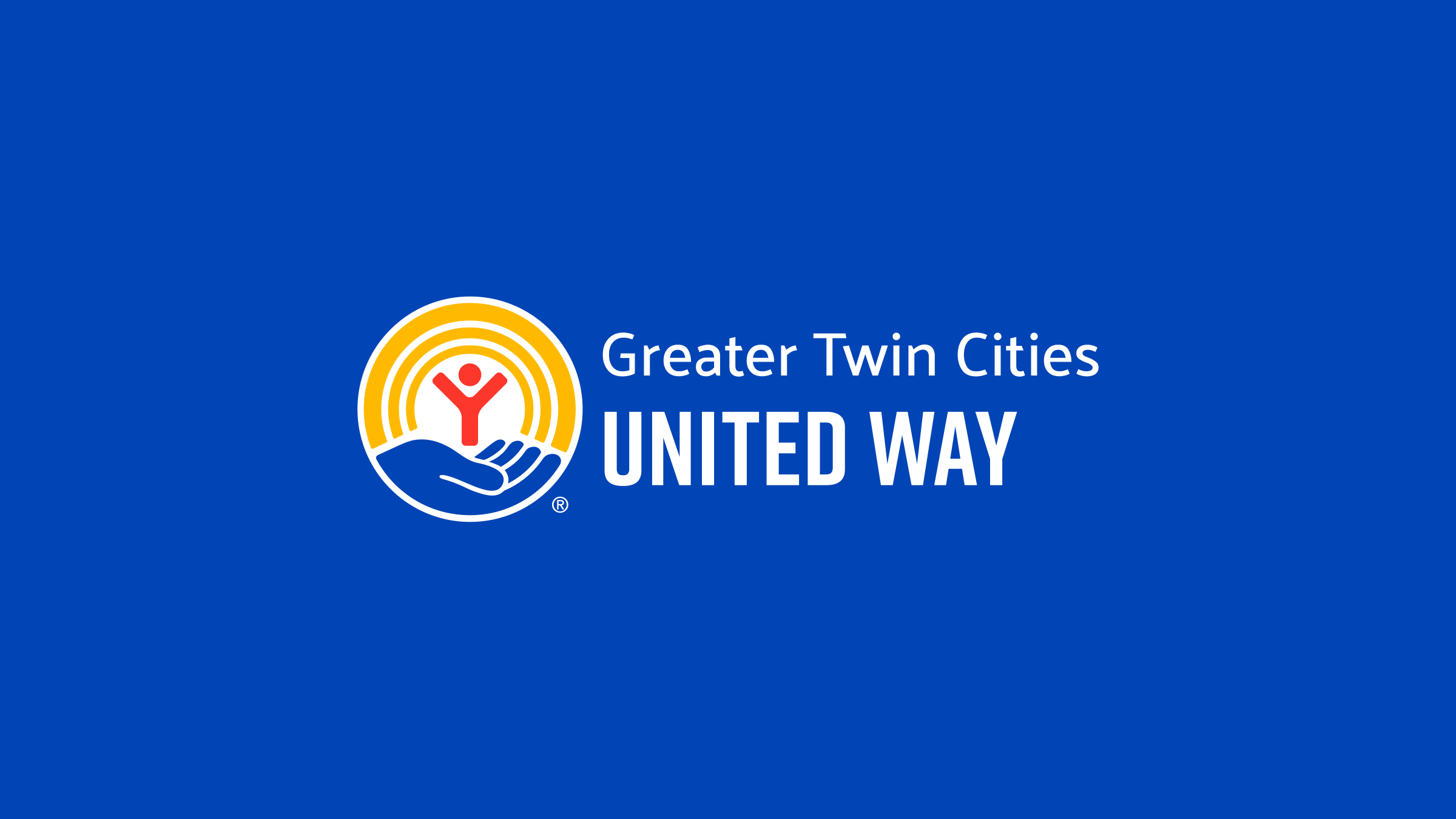
Greater Twin Cities United Way believes that everyone should be able to thrive regardless of income, race or place, which is why advocating for policies to support economic opportunity is so important. Based on input from our nonprofit partners, one of our top advocacy priorities at the legislature this session is to address the “benefits cliff,” which occurs when a public benefit program quickly tapers off — or phases out completely — resulting from a small increase in household earnings. The small gain in income, coupled with a loss of benefits, ultimately causes many families to backslide financially.
The difficult choice between taking a raise or promotion and facing increased financial hardship or staying in a lower-wage job to maintain greater stability must often be made. Our current system creates a situation in which individuals and families are stuck in a “poverty trap”: forced to be reliant on their benefits, rather than moving toward wealth-building and economic security, which affects both individuals’ and families’ financial independence as well as the state’s overall economy.
We know the benefits cliff is complex and creates pervasive, systemic barriers for families across the state, and we are working with our partners to address this issue at the legislature this session. Here’s what we’ve been doing to address it.
In partnership with Saint Paul Promise Neighborhood, we engaged parents and families receiving benefits in a survey to learn about the impacts of the benefits cliff in Minnesota. Ninety-nine percent of survey respondents reported having lost a benefit due to a small increase in income, and 53 percent reported losing multiple benefits.
In partnership with Children’s Defense Fund MN and Saint Paul Promise Neighborhood, we convened a group of around 30 advocates who are also working on addressing the benefits cliff. We had representation from our nonprofit partners, state agencies and other community organizations, and we discussed ways to align our efforts and create aligned messaging at the Capitol.
These efforts informed two policy proposals that we are advancing at the legislature this session.
Adjusting the MN Family Investment Program (MFIP) so that families would report on their income every 6 months, rather than monthly. This income-stabilizing proposal would allow for longer periods of stability and decrease the likelihood of MFIP recipients becoming income-ineligible due to a brief increase in income. It also would allow families a pathway into saving and stability.
Once determined eligible for Medicaid, enrollees under the age of 21 would maintain coverage for a full 12 months. This would reduce health coverage interruption that too often prevents Minnesota children from seeing a doctor when they need to. Twenty-three states already offer this for children, and at least two states offer it for all enrollees through a pilot project (Montana and New York).
We will continue advancing our work on addressing the benefits cliff throughout the 2022 legislative session — and you can help! Join our Advocacy Network to learn more!